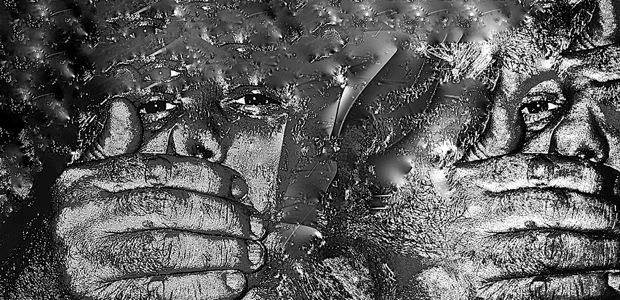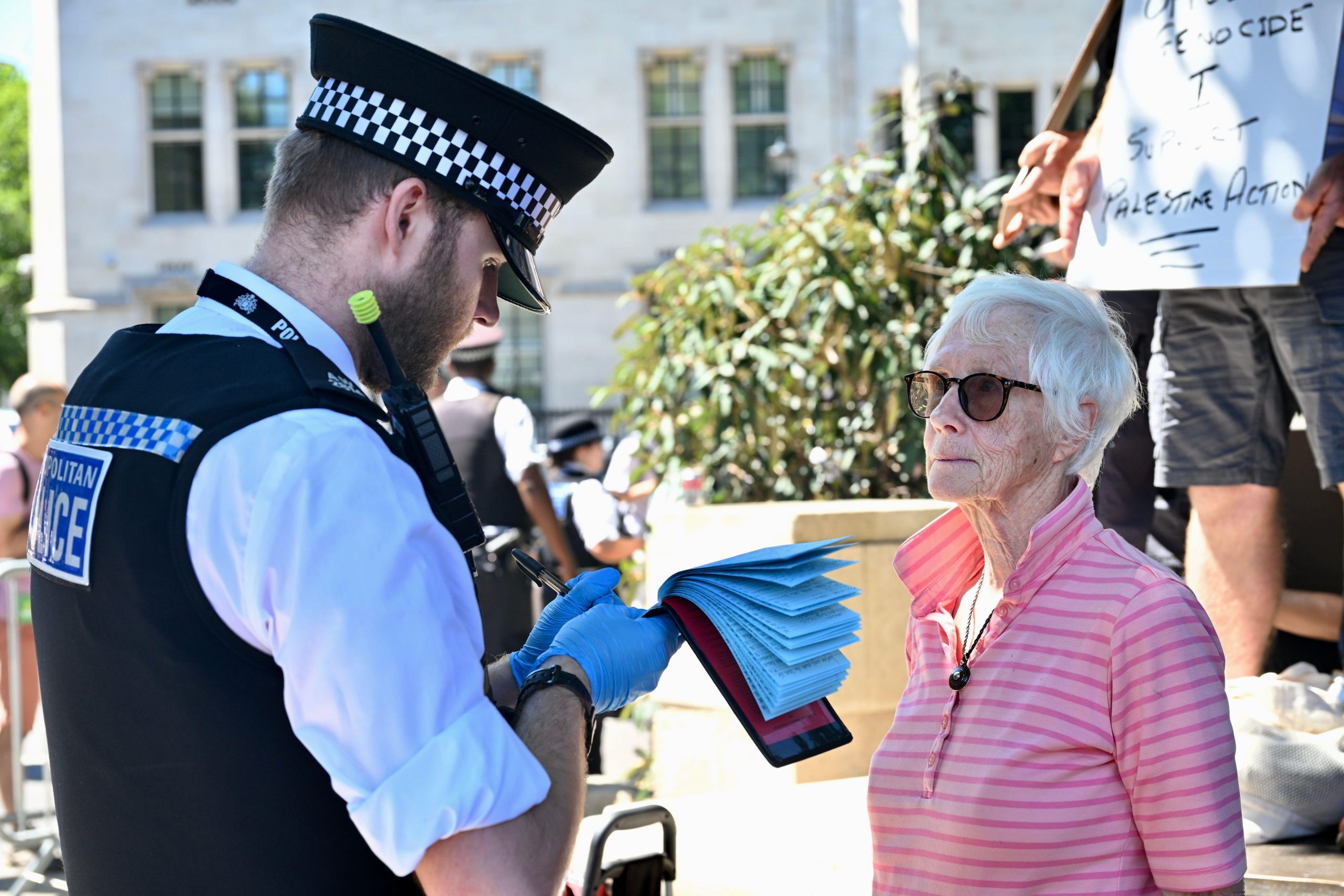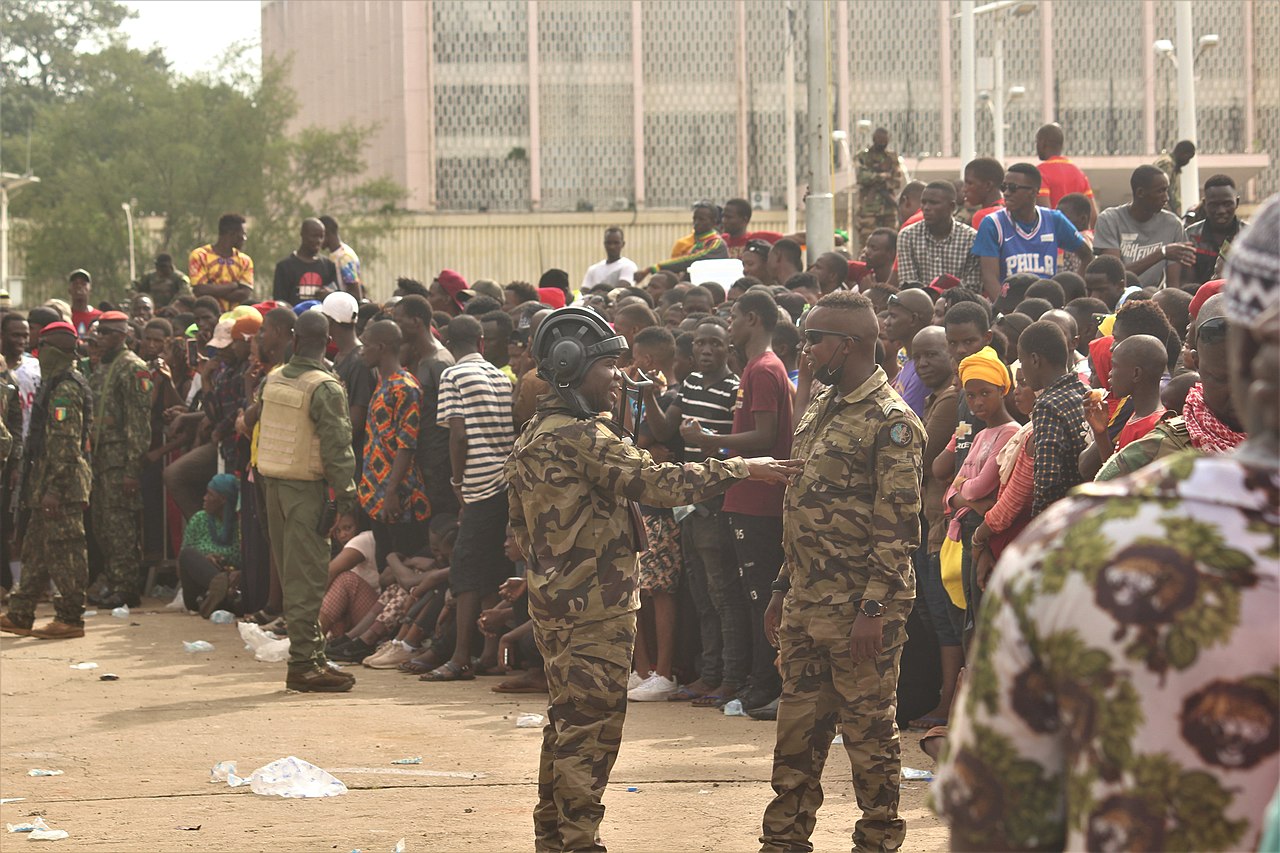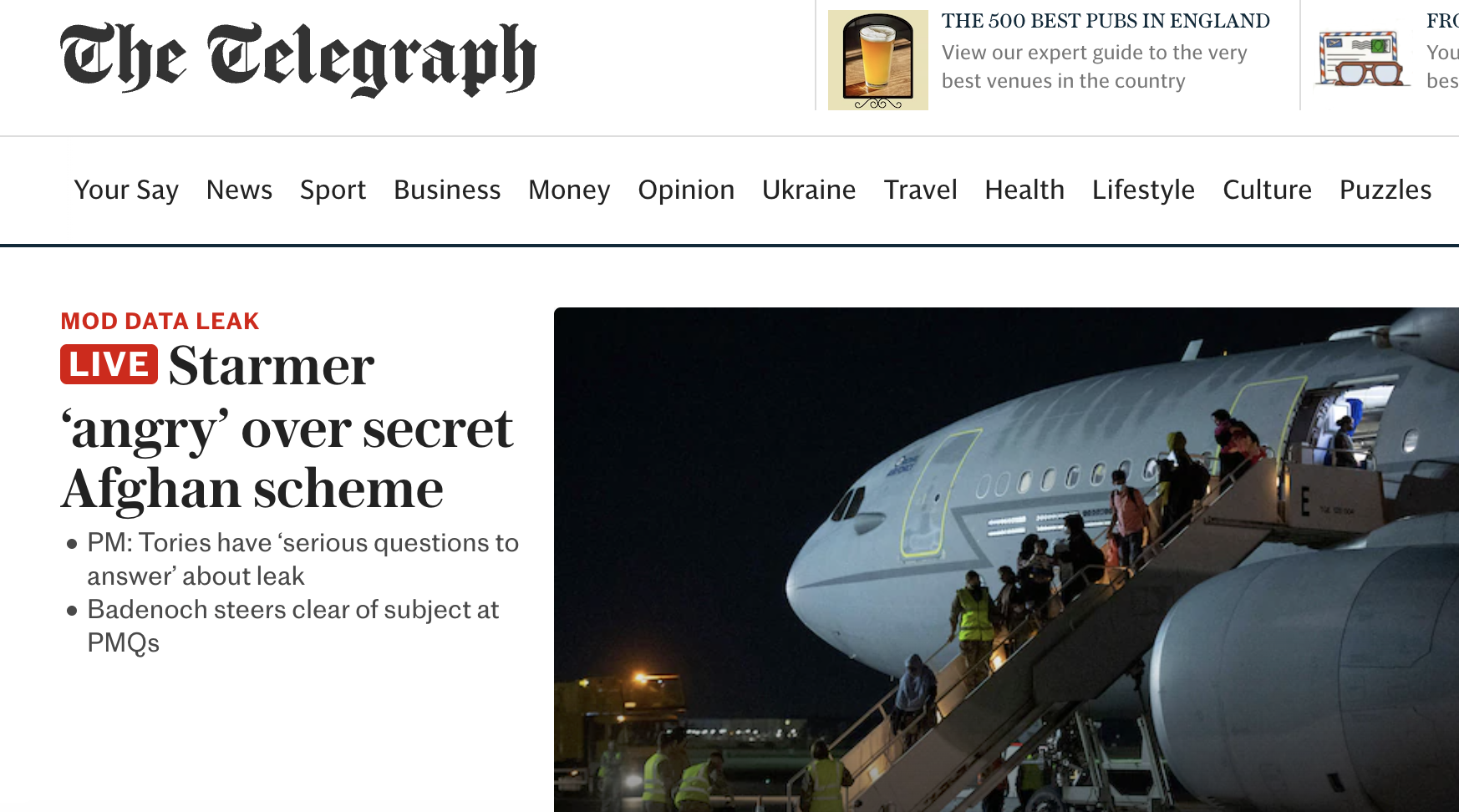
Women’s Voices by Meltem Arikan
Index on Censorship magazine’s editor, Rachael Jolley, introduces a special issue on refugee camps, looking at how migrants’ stories get told across the world, from Syria and Eritrea to Italy and the UK
Nothing is national any more, everything and everyone is connected internationally: economies, communication systems, immigration patterns, wars and conflicts all map across networks of different kinds.
Those linking networks can leave the world better informed and more aware of its connections, or those networks can fail to acknowledge their intersections, while carrying as much misinformation as information.
Where people are living in fear a connected world can be frightening, it can carry gossip and information back to those who pursue them. Decades ago, when people escaped from their homes to make a new life across the world, they were not afraid that their words, criticising the government they had fled from, could instantly be broadcast in the land they had left behind.
It is no wonder that in this more connected world, those fleeing persecution are more afraid to tell the truth about what the regime that tortured or imprisoned them has been doing. While, on the one hand, it should be easier to find out about such horrors, the way that your words can fly around the world in seconds adds enormous pressures not to speak about, or criticise, the country you fled from.
That fear often produces silence, leaving the wider world confused about the situation in a conflict-riven country where people are being killed, threatened or imprisoned. The consequences of instant communication can be terrifyingly swift.
Yet a different side of those networks, new apps or free phone services such as Skype, can provide some help in getting messages back to families left behind, giving them some hope about their loved ones’ future. That is one aspect that those in decades and centuries past, who fled their homelands, could never do. In the late 19th century, someone who escaped torture in Russia and travelled thousands of miles to the United States, might never speak to the family they had left behind again.
Communication has been revolutionised in the last two decades – where once a creaky telephone line was the only way of speaking to a sister or father across a continent or two, now Skype, Viber, Googlechat, and others offer options to see and speak every day.
In this issue’s special report Across the Wires, our writers and artists examine the threats of free expression within refugee camps, and as refugees desperately flee from persecution. Sources estimate that there are between 15.5 and 16.7 million refugees in the world today. Some are forced to live in camps for decades, others are fleeing from new conflicts, such as three million who have already left Syria. Many of us may know someone who has been forced to flee from another regime, those that don’t may in the future, and have some understanding of what that journey is like.
In this issue, writer Jason DaPonte examines how those who have escaped remain worried that their words will be captured and used against their families, and the steps they take to try avoid this. He also looks at “new” technology’s ability to keep refugees in touch with the outside world and to help tell the story of the camps themselves.
Italian journalist Fabrizio Gatti spent four years undercover, discovering details of refugee escape routes and people trafficking. In an extract from his book, previously unpublished in English, he tells his story of assuming the identity of a Kurdish man Bilal escaping torture, and fleeing to Italy via the Lampedusa detention camp, and the treatment he encountered. He speaks only Arabic and English to camp officials, but is able to hear what they said to each other in Italian about those seeking asylum. He uncovers the inhumanity and lack of rights those around him experienced in this powerful piece of writing.
Some of our authors in this issue speak from personal experience of seeking refuge, not speaking the language of the land they are forced to move to, and the steps they go through to resettle and be accepted in another land. Kao Kalia Yang’s family fled Laos during the Vietnam war, moving first to Thailand and then to the United States. She remembers how the family struggled first without understanding or speaking in Thai, then the same battles with English once they settled in the United States.
Ismail Einashe, whose family fled from Somaliland, talks to those who have escaped from one of the most secretive countries in the world, Eritrea. Einashe talks to Eritreans, now living in the UK, who are still afraid to speak openly about the conditions at home for fear of retribution.
The report also examines how the global media portrays refugee stories, the accuracy of those portrayals and how projects such as a new Syrian soap opera, partly written by a refugee, are giving asylum seekers and camp dwellers more power to tell the stories themselves.
But when people are escaping danger, the natural inclination is to stay quiet and under the radar. Some bravely do not. They intend to alert the world to a situation that is unfolding, and to attempt to protect others. Our report shows how much easier it is for the world’s citizens to find out about terrible persecution than it was in other eras, but how those communication tools can be turned back on those that are persecuted themselves. The push and pull of global networks, to be used for freedom or to silence others, is an on-going battle and one that we can only become more aware of.
Order your digital version of the magazine from anywhere in the world here
© Rachael Jolley












